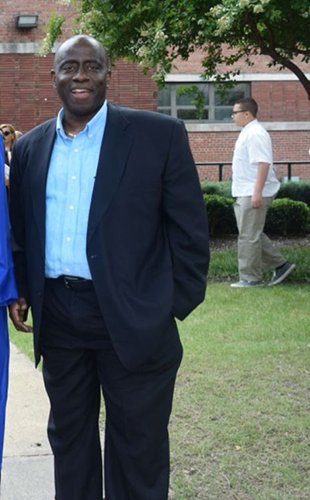ICE prepares to deport father and primary caregiver for two sons with significant health conditions
A Nigerian immigrant – who is the primary provider for and caretaker of his two sons with significant health concerns – is being deported, without even the opportunity to say “goodbye” to his children after more than 25 years in this country.
When A. Shobande came to the U.S. from Nigeria 27 years ago on a tourist visa, he sought asylum shortly thereafter. His application was denied, appealed, reopened, and denied again. He was released on an order of supervision, and has been checking in regularly with U.S. Immigration and Customs Enforcement (ICE).
One of Shobande’s sons, 19, has sickle-cell disease, which causes frequent and unpredictably painful events. The other son, 17, has severe autism. Shobande works nights and takes his sons to their various medical appointments during the day.
Shobande was a senior project manager in the Durham County, North Carolina, Department of Energy and Environmental Services, where he worked for 20 years until 2013. More recently, he had another job, and management there spoke highly of him, saying they would happily hire him back.
But during a regular check-in with ICE on March 15, Shobande was detained without explanation. He has no criminal history.
“There is no reason for ICE to deport him now after living for such a long time in the U.S.,” said Daniel Werner, director of the Southeast Immigrant Freedom Initiative (SIFI) , a project of the SPLC that enlists and trains lawyers to provide free legal representation to detained immigrants facing deportation proceedings in the Southeast.
Shobande was removed from the Irwin County Detention Center in Ocilla, Georgia, early this morning, and was moved to Atlanta, in preparation for his deportation back to Nigeria. SIFI applied to stay Shobande’s removal nearly three weeks ago. After he was transferred early this morning, SIFI was told that ICE had denied the request.
Shobande is his autistic son’s “best friend,” and the light of the boy’s life. He is critical to the ongoing care and well-being of both his sons.
“Nothing has changed to justify ICE doing this,” Werner said. “If ICE allowed his release on an order of supervision for only two more years, he would be able to adjust status to care for his disabled children.”


